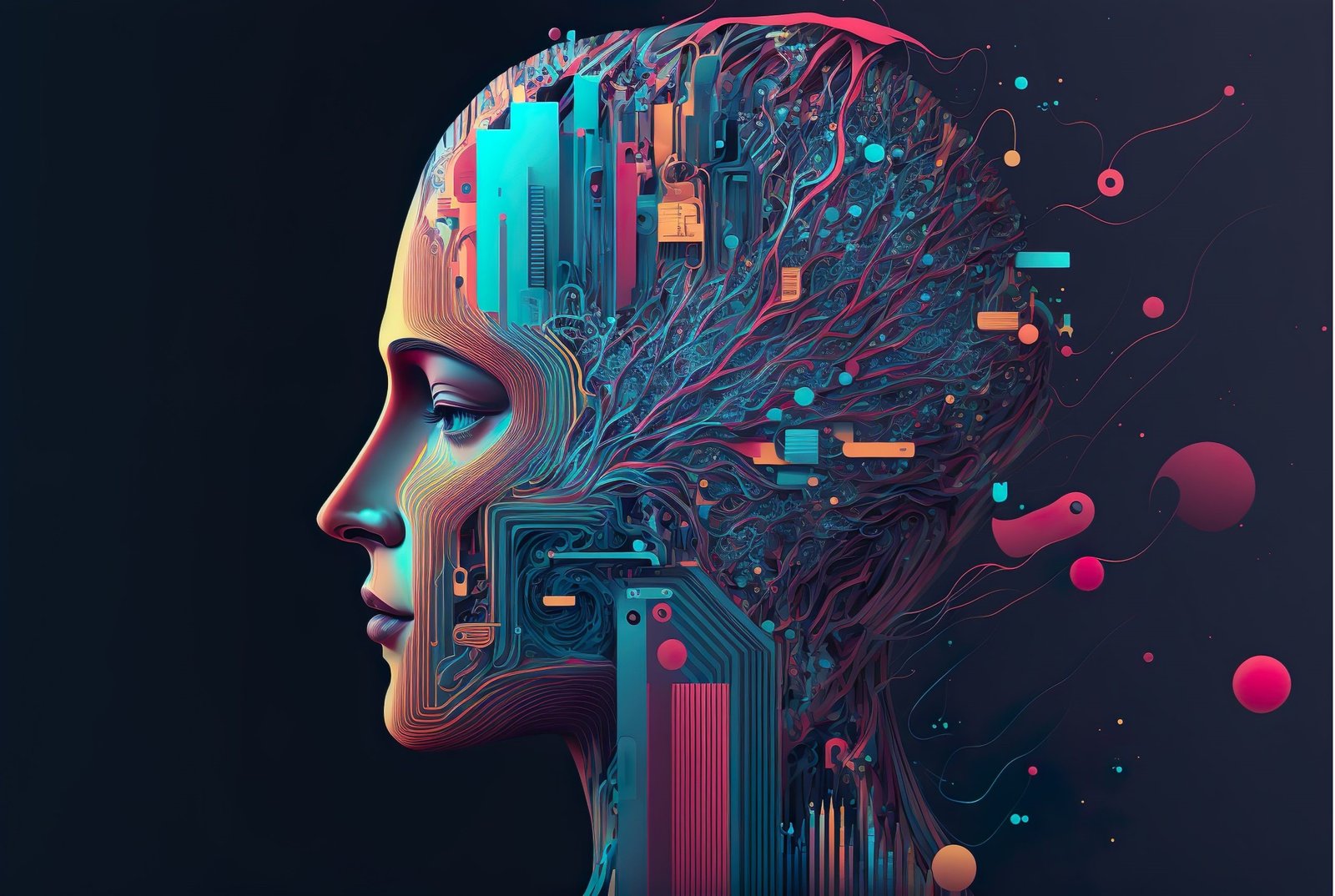How to Integrate AI in Sports for Performance Optimization in 2023

In the fast-paced world of sports, staying ahead of the competition is crucial. Athletes and teams are constantly seeking innovative ways to improve performance and gain a competitive edge. One of the most promising advancements in this regard is the integration of Artificial Intelligence (AI) into sports. In this article, we will explore how AI can revolutionize sports performance optimization in 2023. From training and injury prevention to game strategy and fan engagement, AI is poised to make a significant impact in the sporting world.
Understanding AI in Sports
What is AI?

AI, or Artificial Intelligence, refers to the simulation of human intelligence in machines that are capable of performing tasks that typically require human intelligence, such as visual perception, speech recognition, decision-making, and language translation.
AI in Sports
AI in sports involves the use of advanced technologies and algorithms to analyze data and provide insights that can enhance athletic performance, training methodologies, and overall sports management.
The Role of AI in Athlete Training
Personalized Training Programs
AI can analyze an athlete’s performance data, including physiological metrics and movement patterns, to create personalized training programs. This tailoring of training sessions can help athletes maximize their potential and minimize the risk of injuries.
Real-time Feedback
Wearable devices equipped with AI algorithms can provide real-time feedback during training sessions. Athletes can receive insights on their technique, pacing, and performance, allowing for immediate adjustments.
Injury Prevention
AI can predict the likelihood of injuries by analyzing an athlete’s biomechanics and workload. Coaches and trainers can take preventive measures to ensure athletes’ well-being.
Enhancing Game Strategy
Data Analysis
AI can process vast amounts of data from previous games, opponent performance, and player statistics to develop winning strategies. Coaches can make data-driven decisions to outmaneuver their competitors.
Player Performance Prediction
By analyzing an athlete’s historical performance data, AI can predict player performance in specific conditions. This information helps coaches make lineup decisions and substitutions strategically.
Improving Fan Engagement
Virtual Reality (VR)
AI-powered VR experiences can immerse fans in the game like never before. Virtual stadium tours, interactive fan zones, and 360-degree replays bring the excitement of sports closer to fans, even when they can’t attend in person.
Personalized Content
AI algorithms can curate personalized content for fans, such as highlight reels, player interviews, and relevant news updates, creating a deeper connection between fans and their favorite teams.
The Ethical Considerations of AI in Sports
Data Privacy
With the extensive use of AI comes the need to safeguard athletes’ and fans’ data. Strict data privacy regulations and ethical guidelines must be in place to protect individuals’ information.
Fairness and Transparency
AI algorithms must be transparent and fair in their decision-making processes. Biased algorithms can lead to unfair advantages or disadvantages for certain players or teams.
Future of AI in Sports for Performance Optimization

In recent years, the world of sports has witnessed a remarkable transformation, thanks to the integration of Artificial Intelligence (AI) into various aspects of athletic performance. As we step into 2023, it’s evident that AI is not just a fleeting trend but a game-changer in the sports industry. This article explores the exciting developments and the promising future of AI in sports, focusing on how it is revolutionizing performance optimization.
Understanding the Role of AI in Sports
Enhancing Training Programs
One of the most significant applications of AI in sports is the development of personalized training programs for athletes. AI algorithms analyze an athlete’s performance data, such as speed, agility, and strength, to create tailored workout routines that maximize improvement.
Injury Prevention
AI-driven biomechanical analysis helps identify potential injury risks by monitoring athletes’ movements. Coaches and medical staff can then make data-informed decisions to prevent injuries and ensure player longevity.
Game Strategy Optimization
AI is becoming a crucial tool for coaches and teams in strategizing for games. It analyzes massive amounts of data to provide insights into opponents’ playing styles, enabling teams to devise winning strategies.
Real-time Performance Feedback
Incorporating wearables and sensors, AI provides real-time feedback to athletes during practice and games. This immediate input allows them to make on-the-spot adjustments, ultimately leading to improved performance.
AI in Sports Equipment
Smart Equipment
The sports equipment industry is embracing AI to develop smart gear. For instance, tennis rackets with embedded sensors analyze a player’s swing and provide feedback on technique.
Wearable Technology
Wearable devices, such as smart jerseys and performance-tracking sensors, provide invaluable data on an athlete’s heart rate, body temperature, and other vital metrics, allowing for precise performance monitoring.
AI and Fan Engagement
Enhanced Viewer Experience
AI is also changing the way fans engage with sports. Through personalized content recommendations, AI ensures that fans get the most relevant updates, highlights, and statistics tailored to their preferences.
Virtual Reality (VR) Experiences
AI-driven VR experiences enable fans to immerse themselves in the action, providing a whole new level of engagement and entertainment.
The Impact of AI on Sports Medicine
Quicker Recovery Times
AI-assisted rehabilitation programs speed up recovery times for injured athletes by tailoring exercises to the individual’s needs and progress.
Precision Medicine

Through genetic analysis and AI, sports medicine can now offer personalized treatments, optimizing performance and minimizing health risks.
Conclusion
As we step into 2023, the integration of AI in sports holds immense promise for athletes, coaches, and fans alike. From personalized training programs and game strategy optimization to enhanced fan engagement, AI is reshaping the sports landscape. However, it is essential to tread carefully, ensuring ethical considerations are at the forefront of this technological revolution.
Read more : How to Embrace the Future of Space Exploration in 2023
FAQs
How does AI benefit athlete training?
AI helps create personalized training programs, offers real-time feedback, and predicts injury risks, all contributing to better athlete performance.
Can AI predict player performance accurately?
Yes, AI analyzes historical data to make accurate predictions about player performance under specific conditions.
What ethical concerns surround AI in sports?
Data privacy and fairness are major concerns. Safeguarding personal data and ensuring fair play are essential.
How can AI enhance fan engagement?
AI can provide immersive VR experiences and deliver personalized content to fans, creating a deeper connection.
What is the future of AI in sports?
The future of AI in sports is bright, with continued advancements in athlete performance optimization, game strategy, and fan experiences.
Read more : How to Prepare for the Rise of Biodegradable Electronics in 2023







